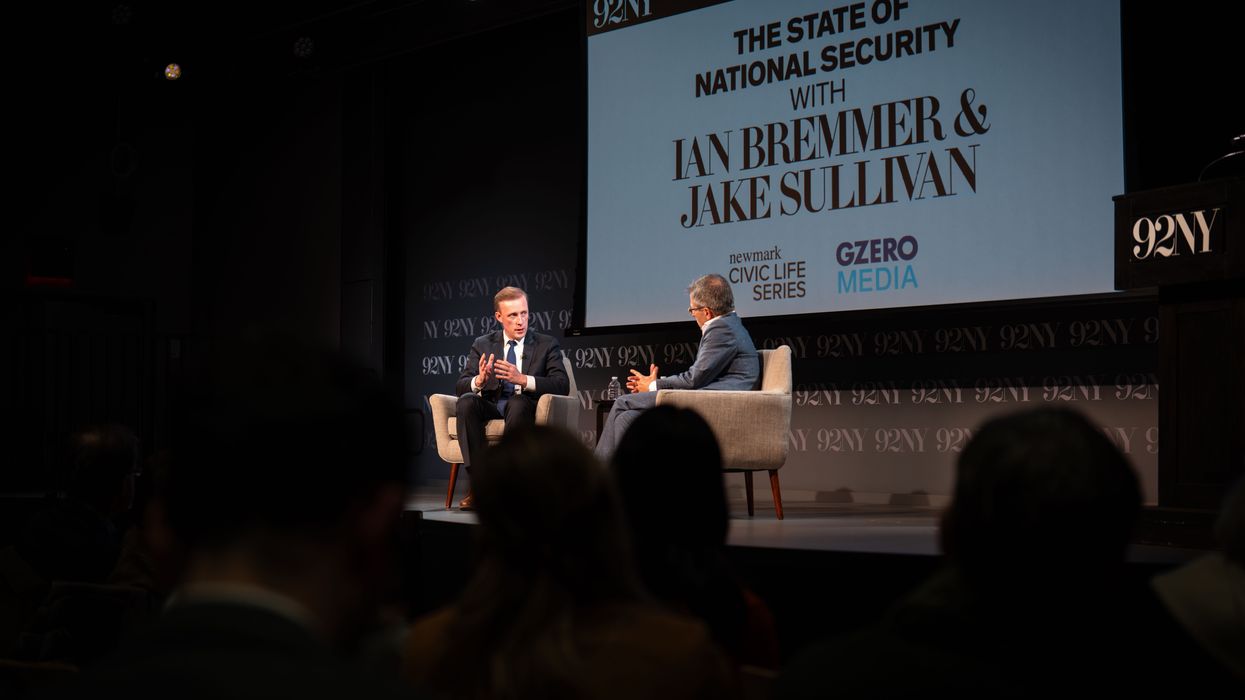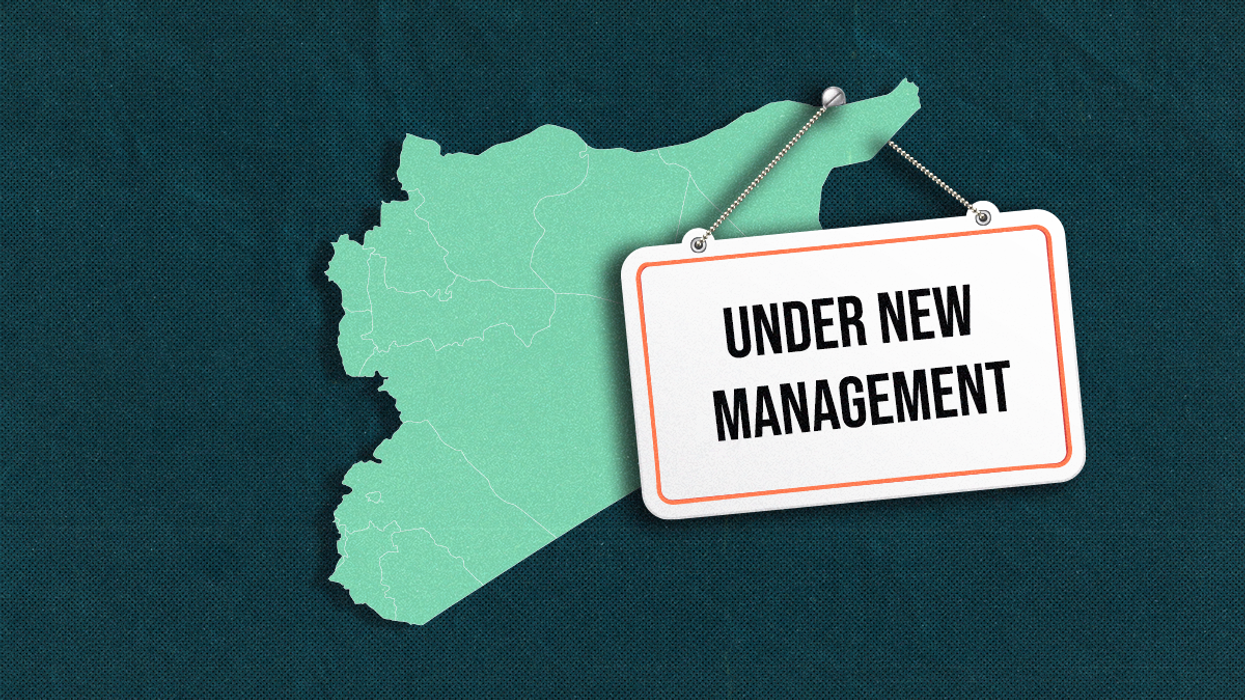Analysis
EXCLUSIVE: An Interview with outgoing US National Security Adviser Jake Sullivan
Joe Biden's top foreign policy adviser shares his views on the transition to Trump, the risks in Syria, the choices for China, the false narrative about Russia, and what keeps him up at night as he prepares to leave office.
Dec 18, 2024





